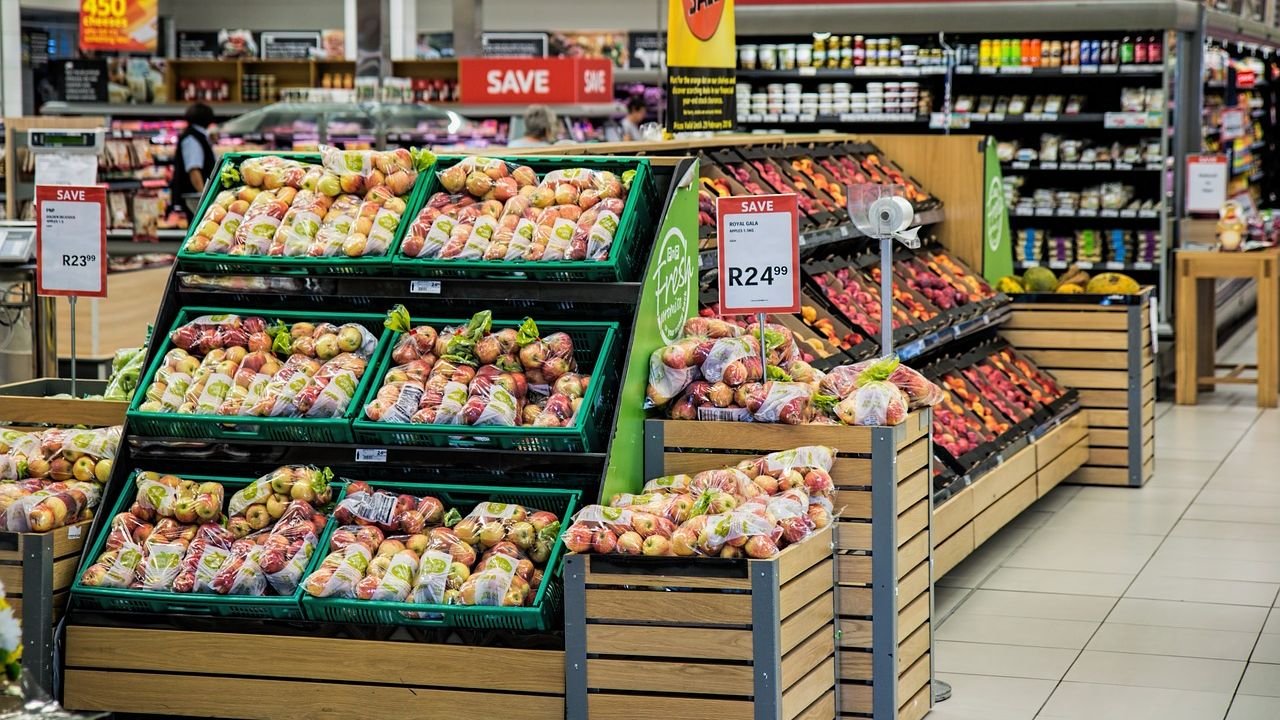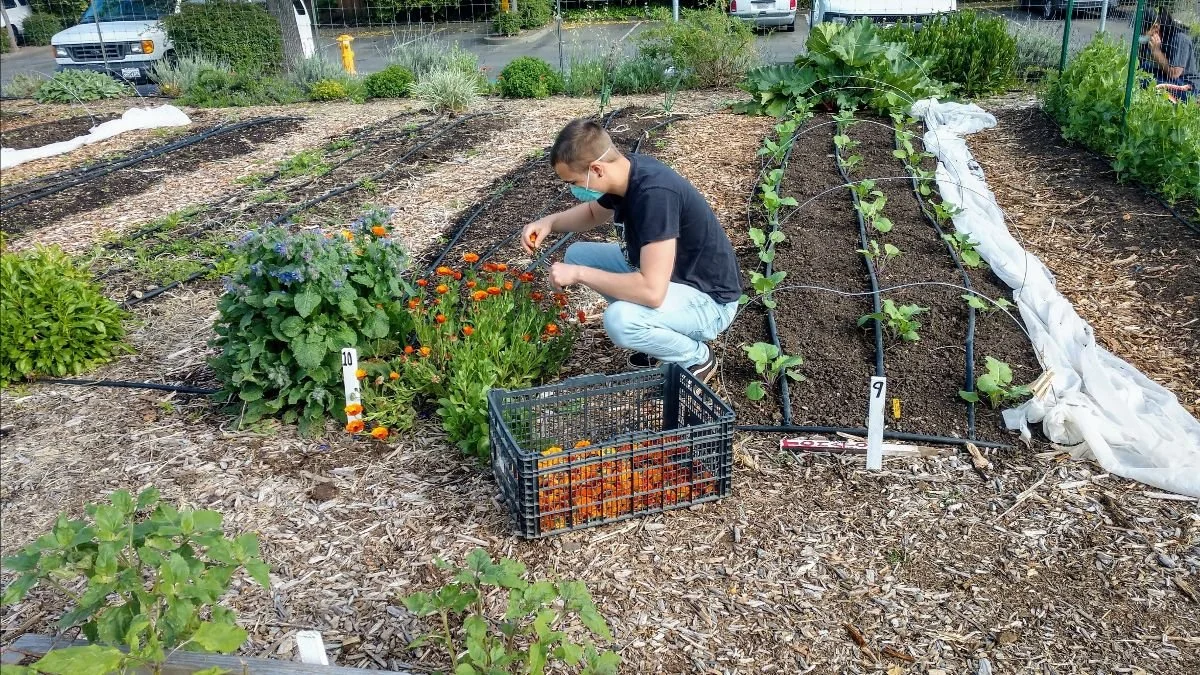Why Organic Matters
Ceres Community Project has always used 100% organic ingredients in our food. Along with our Affiliate Partners, we are the only Food is Medicine organization in the country that provides organic medically tailored meals. This commitment is rooted in a deep belief – and a growing body of research -- that health starts in our soil, our water, and the ecosystem of a farm. The food we use has impacts on health far beyond how an individual meal impacts the client who is eating it. When we pledge to provide meals made with 100% organic ingredients, we are stating our commitment to the health not just of our clients, but of our communities, and the planet.
We know that food manufacturers use a variety of words on their labels. Words like “natural”, “sustainable”, and “no spray” are just some of things you might see while shopping at grocery stores and farmers markets. These words are not backed by standards or certification – and that’s why we support certified organic foods. The USDA has a National Organic Program that creates clear standards and regulations which require that anything labeled “certified organic” must be inspected by a third-party certifier.
Youth work in Ceres’ two organic gardens in Sebastopol and Santa Rosa three afternoons each week, learning to grow organic food for our client meals.
Organic food is produced without using harmful or toxic pesticides, sewage sludge, petroleum-based synthetic fertilizers, genetically modified organisms (GMOs), or bioengineering; and without the use of growth hormones or antibiotics for livestock. When you buy something that has been certified as “organic” it means it is something that you can trust. It’s true that organic food is often more expensive than conventional when you pay for it at the register. But it’s important to realize that conventionally farmed food has lots of hidden costs, including lower levels of nutrition; water and air pollution and the health and environmental impacts those cause; pesticide use that directly effects food and farm workers; and loss of topsoil that threatens our ability to feed future generations.
Youth and Garden Program Manager Sara McCamant brings 30+ years of organic gardening expertise to our work.
Purchasing organic food ensures that Ceres doesn’t cause negative impacts that are directly counter to our mission. Through our policy work, we support legislation that creates more equitable access to healthy, organic food for consumers, and for funding that places organic and transitioning farmers on a more level playing field with large conventional farms.
To summarize, Ceres is committed to organic for these reasons:
Healthier. Studies from NewCastle University show that organic fruits and vegetables have 20-40% more antioxidants, while other studies show that organically grown food has higher amounts of vitamin C, magnesium, phosphorus, and iron. [1]
Protects our children. Pesticide regulations are based on the adult body, and it has been found that children can be 164 times more sensitive than adults to at least 8 widely used pesticides found in food. [2]
Better for the soil, the creatures, and the water. Organic farming must focus on the soil as it can’t use pesticides and fertilizers to make up for neglect. Organic fertilizers are less likely to end up in our water systems. Organic farms also support larger populations of beneficial organisms including pollinators, microorganisms and birds.
Supports farmworker health. Organic farmers and farmworkers are protected from having to work with toxic chemicals, meaning better health for them and for their families.
Opportunities in the 2023 Farm Bill
This year, the Farm Bill is expiring (as it does every five years) and will be reauthorized through a Federal legislative and appropriations process. The Farm Bill is a massive government spending bill that includes all federal nutrition benefit programs like Supplemental Nutrition Assistance Program, Women, Infants and Children, and School Meals; farm subsidies, and funding of research, along with many other areas of food, farming, and the environment. This is the time when we can ask the US Department of Agriculture to commit to a healthier food system by investing more in organic research, funding for farms transitioning to organic, supports for soil conservation, and increasing biodiversity on farms.
At Ceres, we believe access to adequate healthy food is a human right, and that how we produce that food plays a key role in personal, climate and environmental health. You can make your voice heard on these issues, too!
References
More Reading
Here is a campaign from some great organizations to promote more organic in the new farm bill:
https://www.nrdc.org/resources/grow-organic-climate-health-and-economic-case-expanding-organic-agricultureMore about the Farm Bill:
https://sustainableagriculture.net/our-work/campaigns/fbcampaign/what-is-the-farm-bill/Learn about organic labels:
https://www.ccof.org/sites/default/files/2021-05/Understanding-Organic-Top-10-Reasons.pdf
Nourishing Discourse is an occasional series examining issues and solutions that intersect with Ceres’ vision of building a healthy, just, caring and sustainable world.





